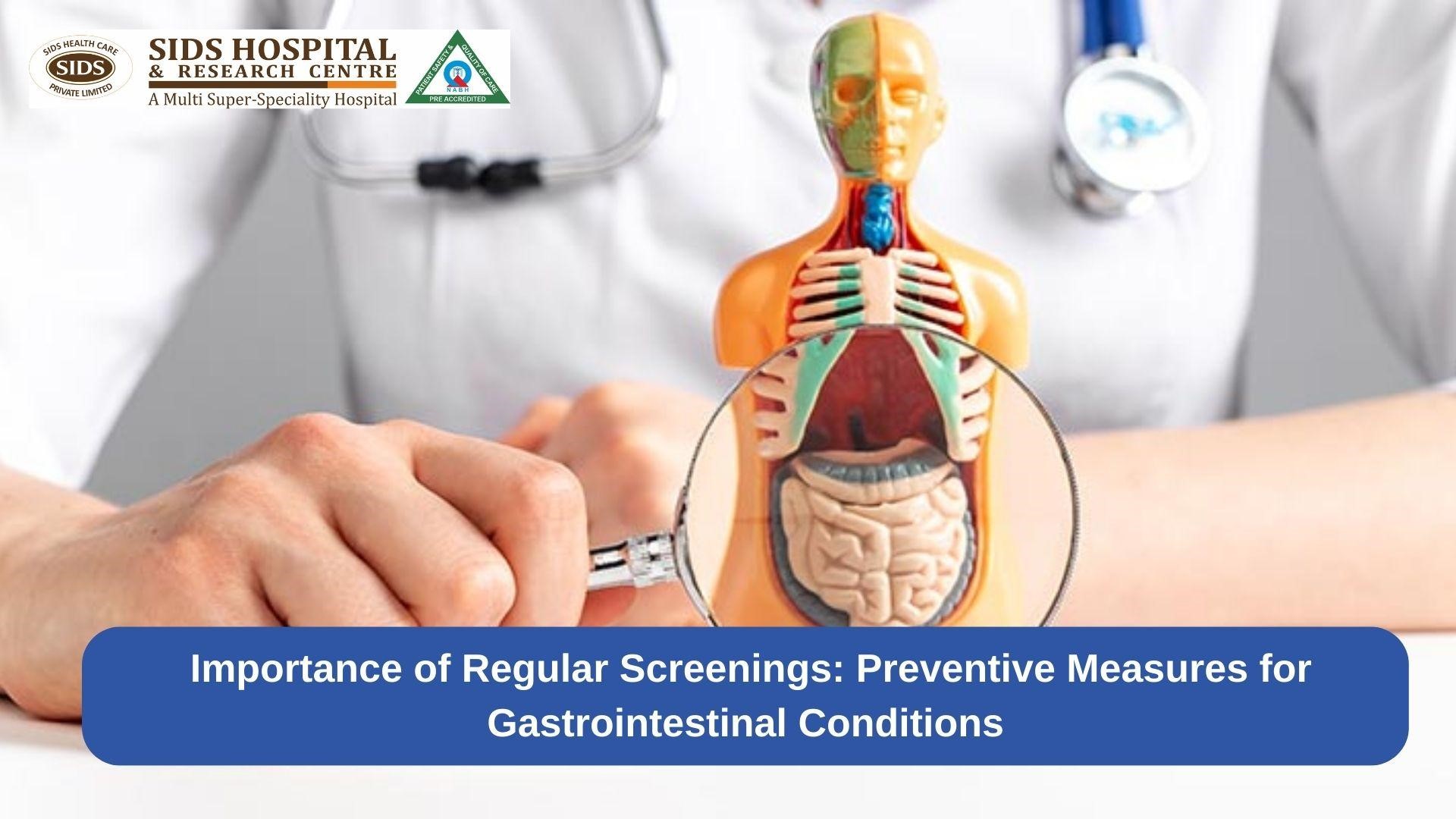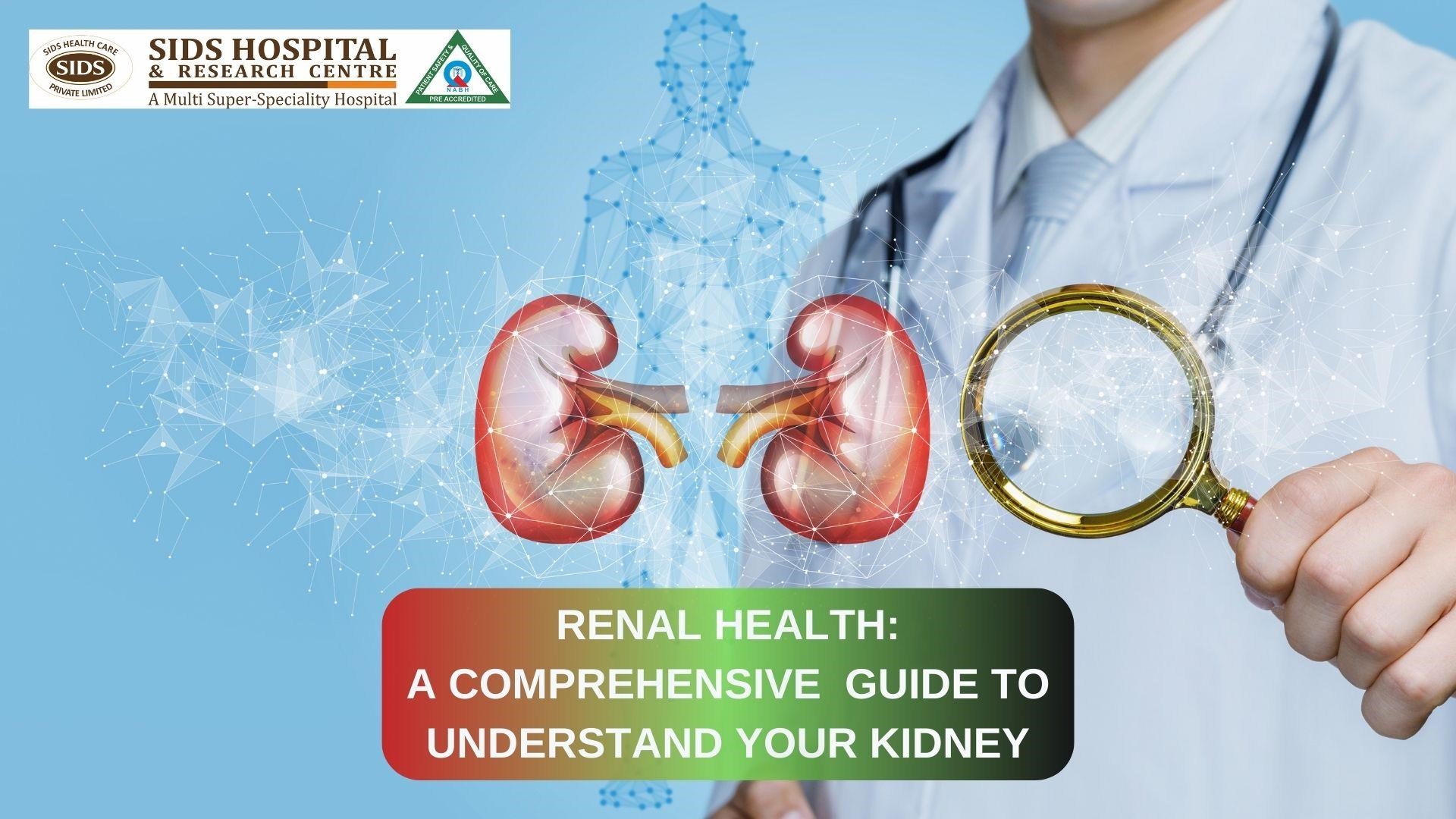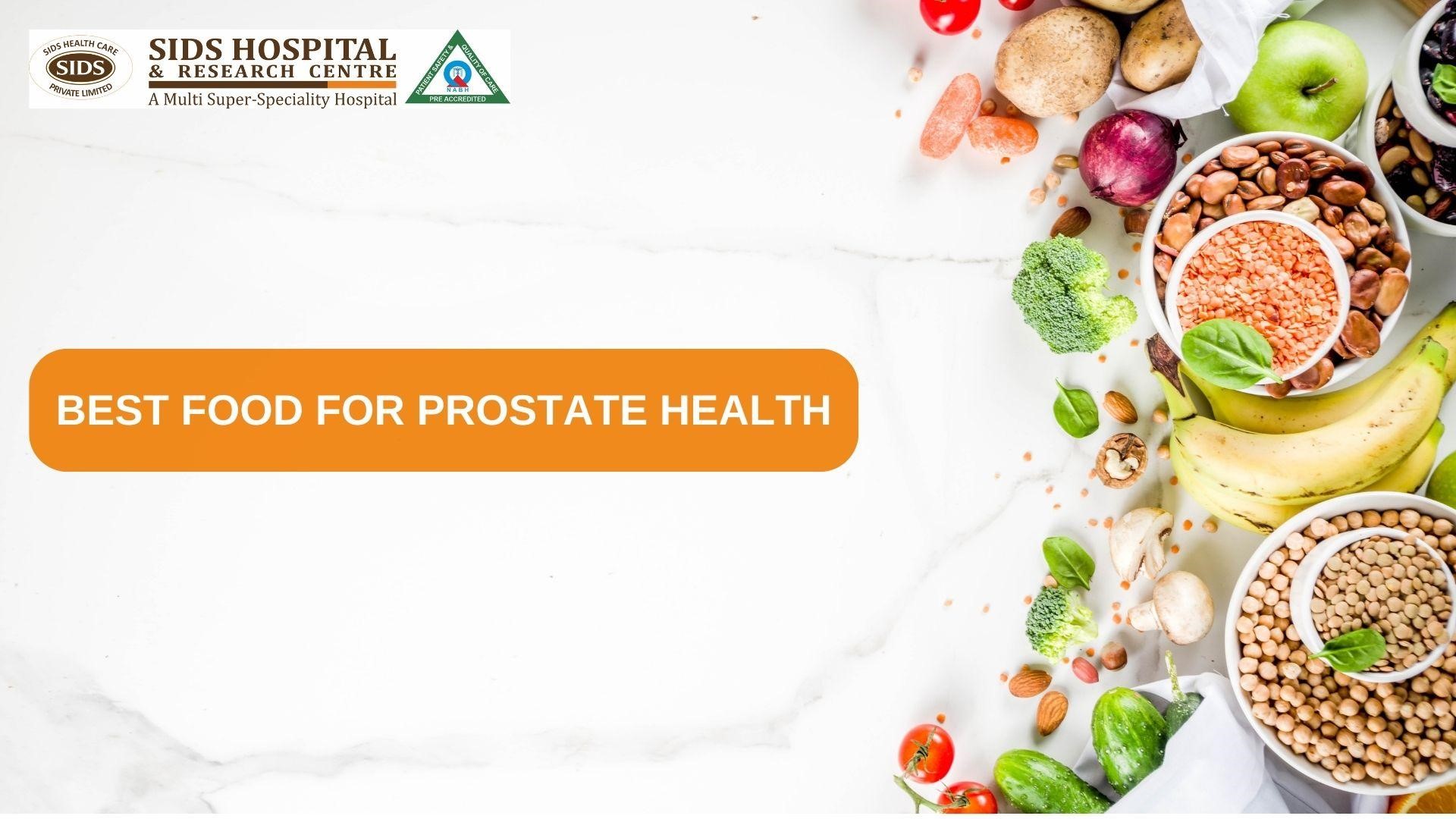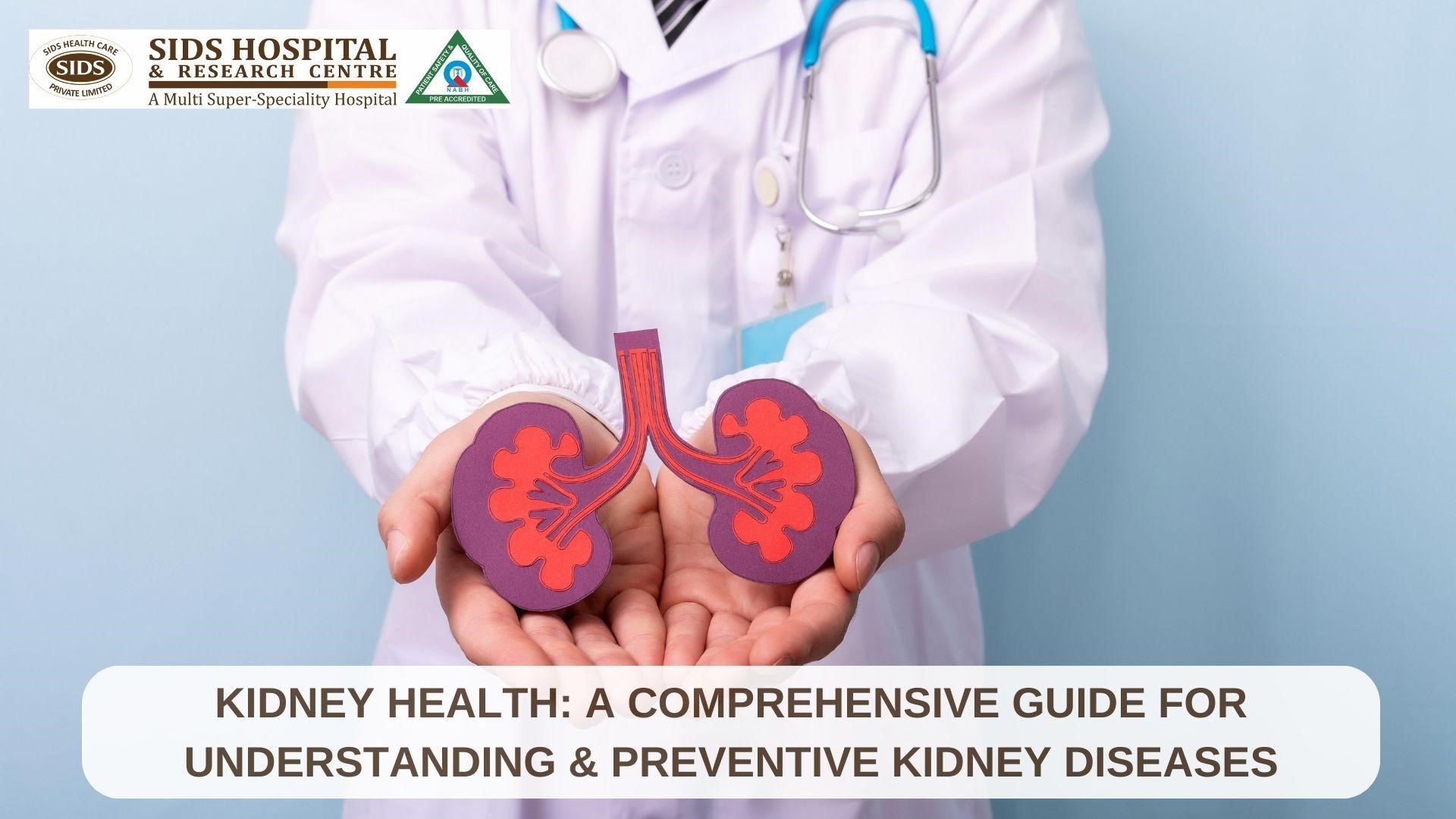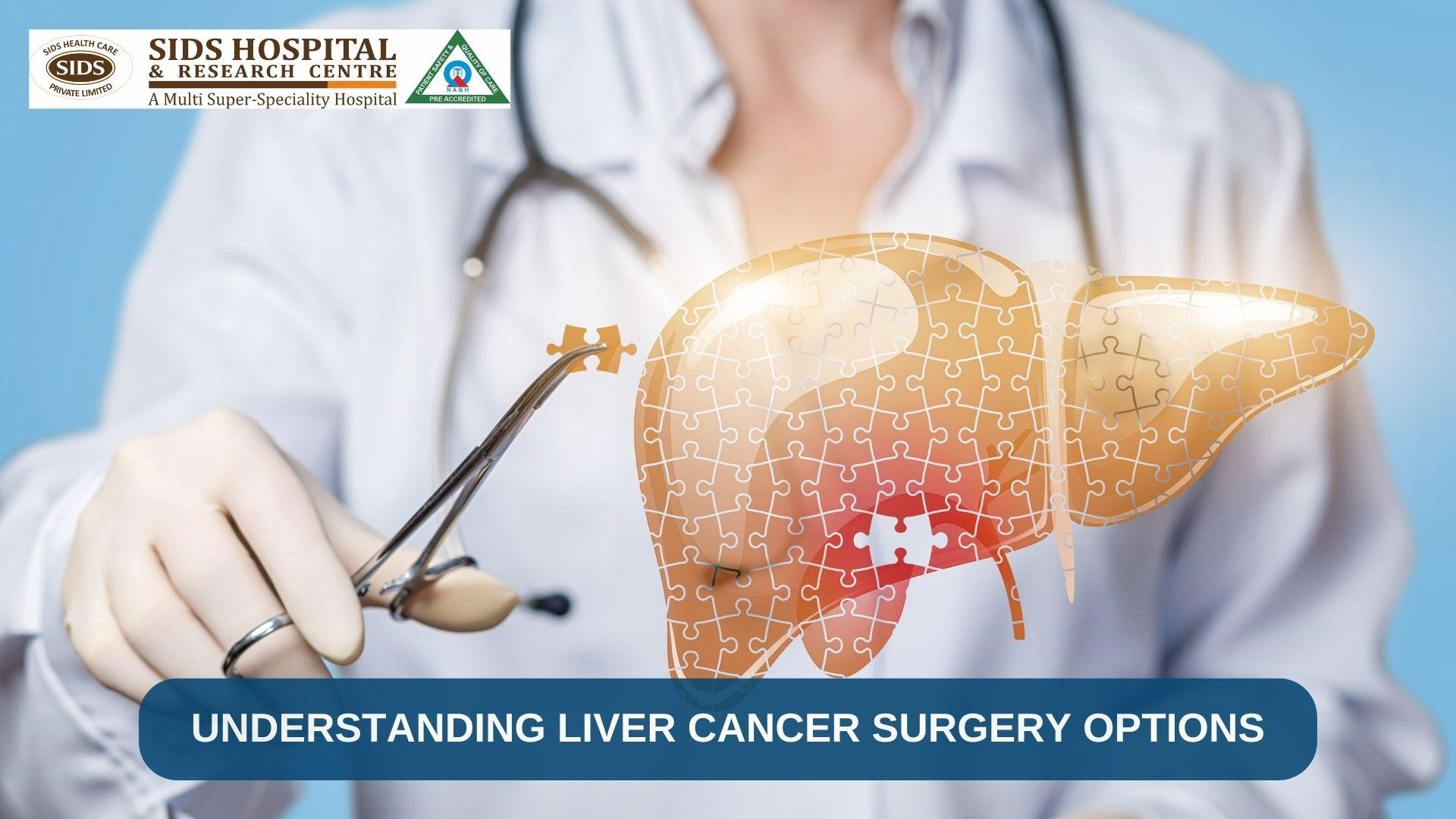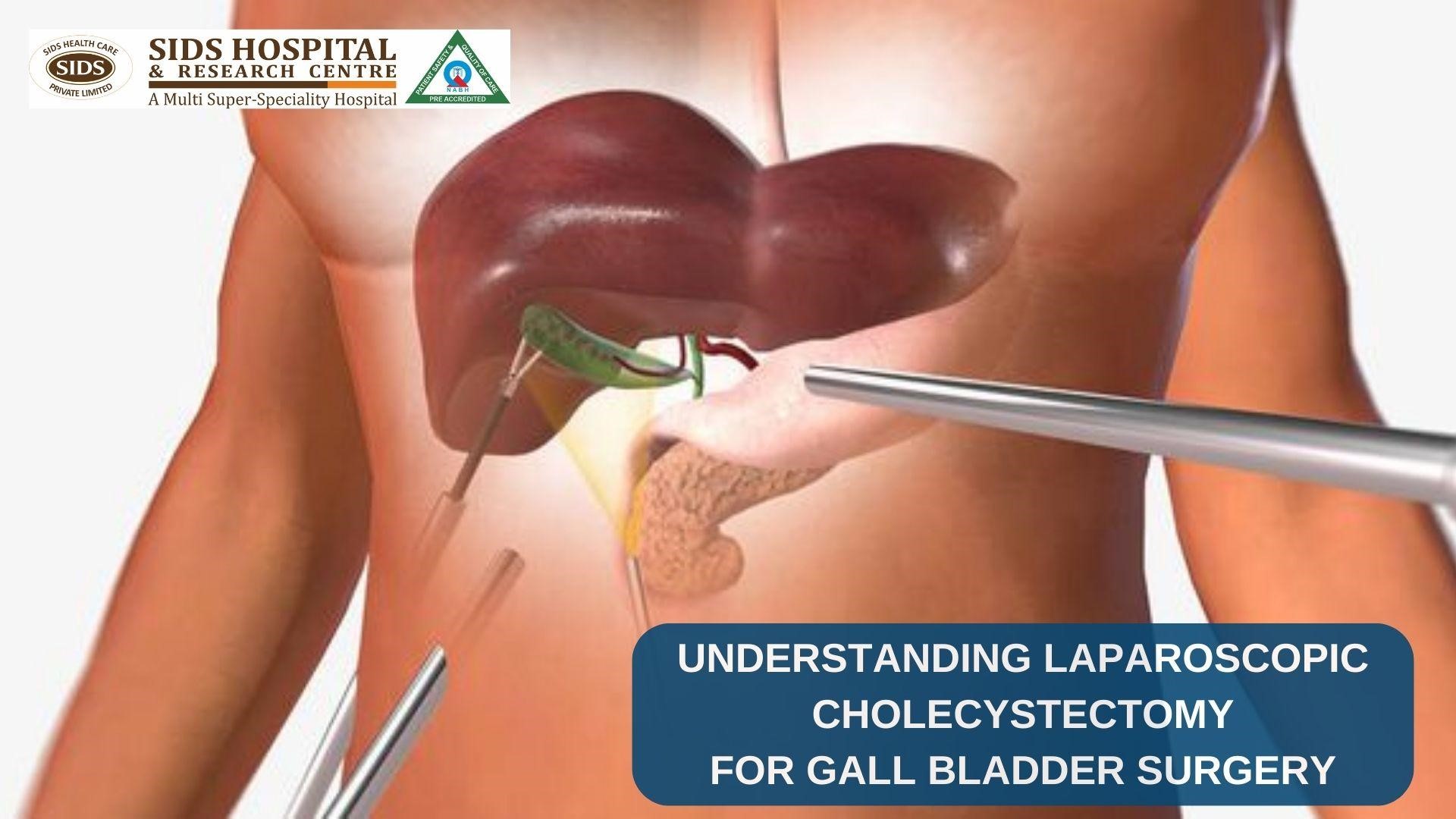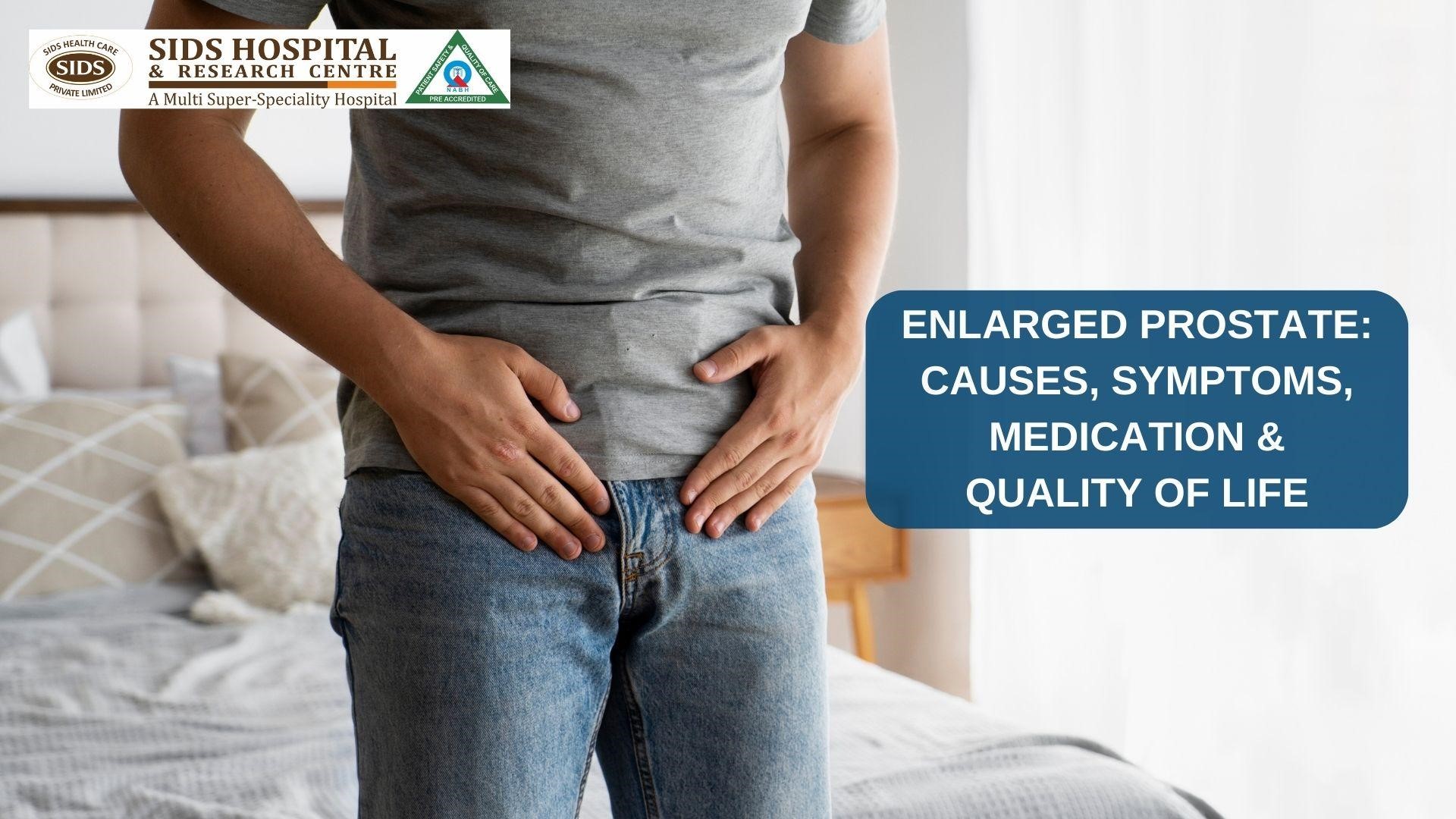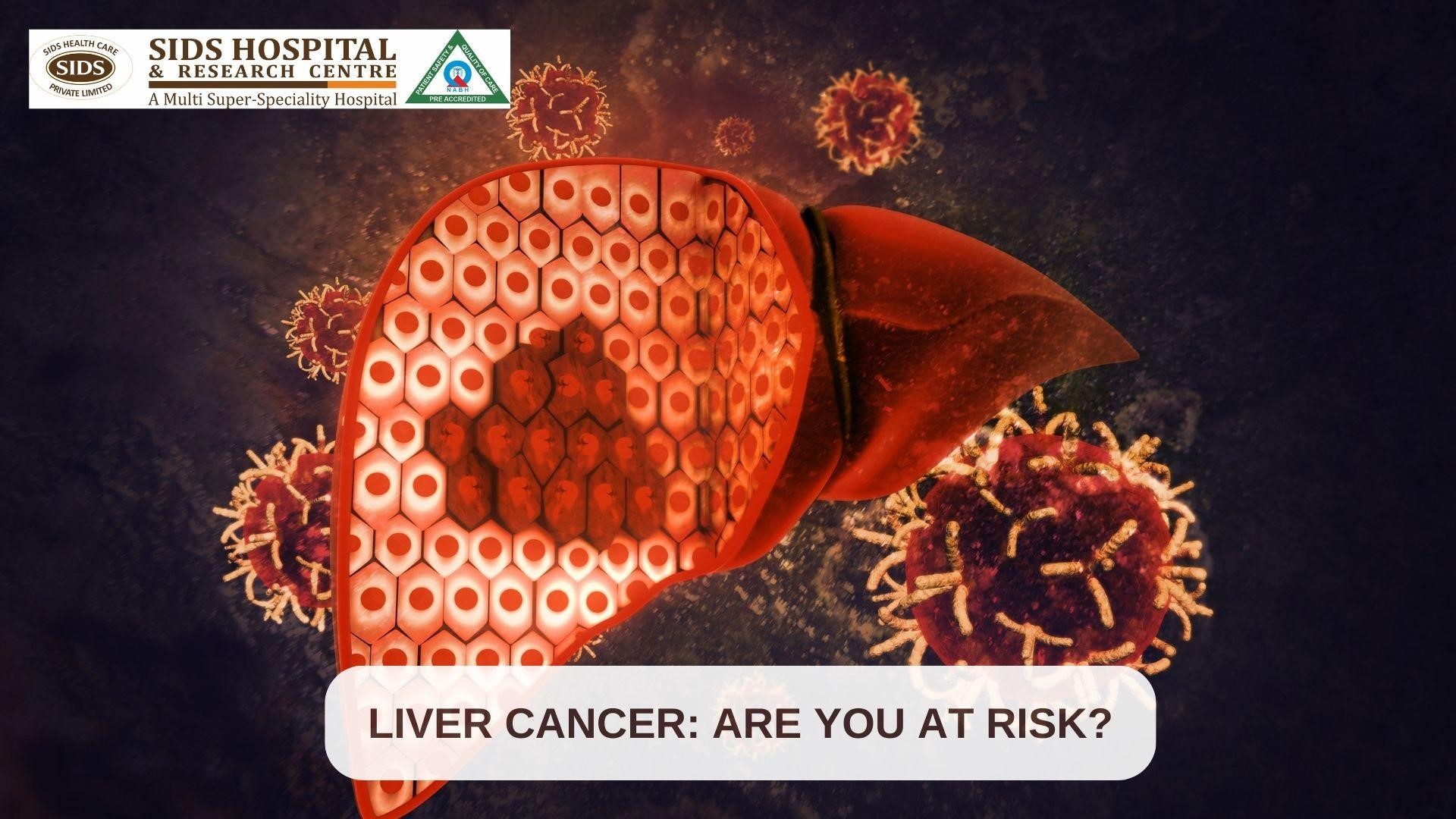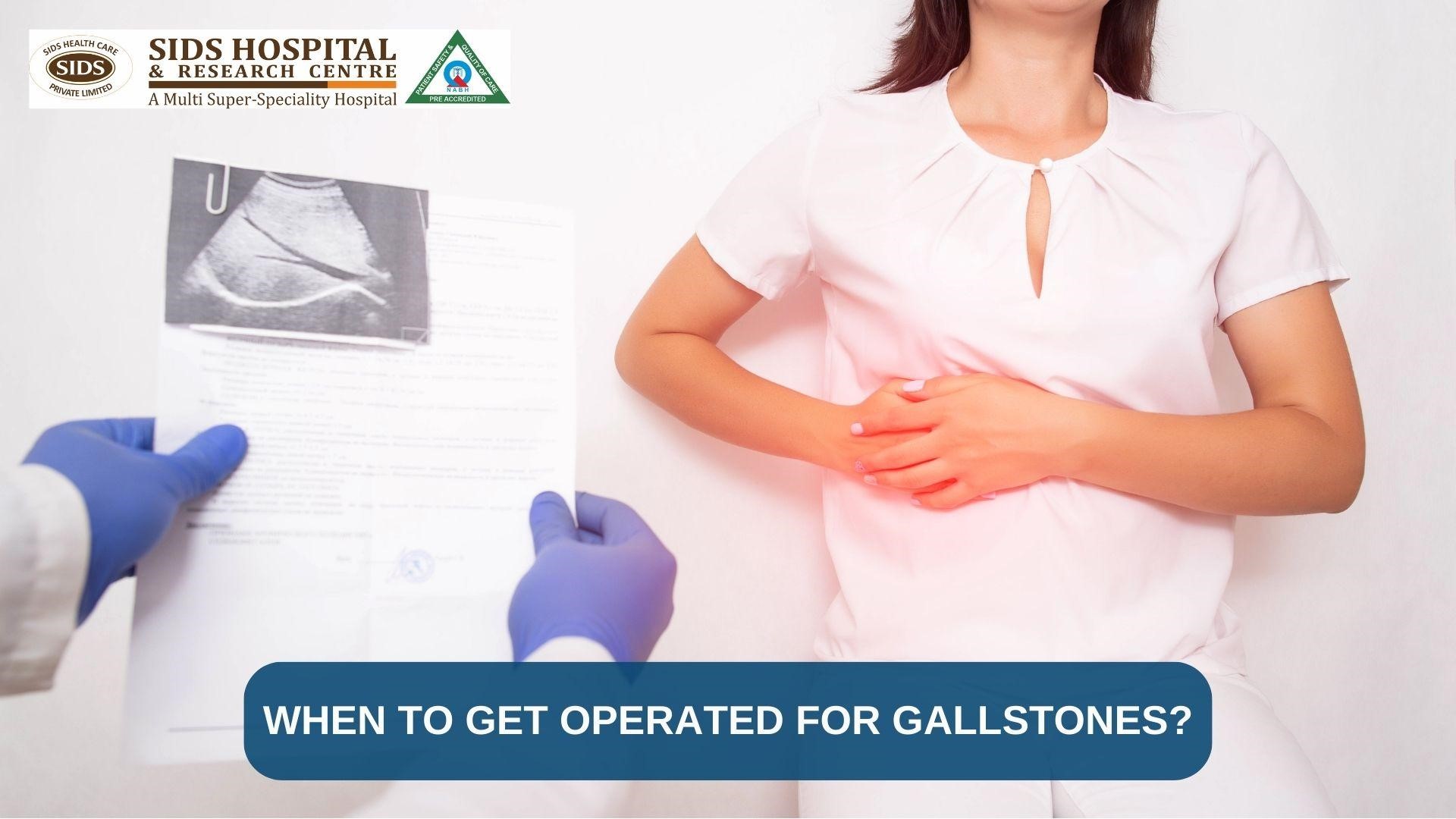The Importance of Regular Screenings: Preventive Measures for Gastrointestinal Conditions
Maintaining a healthy lifestyle involves more than just a balanced diet and regular exercise. The proactive monitoring of our body’s internal systems is equally crucial, especially when it comes to gastrointestinal health. Gastrointestinal conditions can often develop silently, with symptoms only becoming apparent when the situation has advanced. Let’s discuss the significance of regular screenings as preventive measures for gastrointestinal conditions, emphasizing the importance of early detection and intervention in this blog by our specialist at SIDS hospital, being the Best Gastro Hospital in Surat.
1. Understanding Gastrointestinal Health:
The gastrointestinal (GI) system plays a vital role in our overall well-being, responsible for the digestion and absorption of nutrients. However, various conditions, such as colorectal cancer, inflammatory bowel disease (IBD), and gastroesophageal reflux disease (GERD), can affect the GI tract. Regular screenings from the best hospital in Surat are essential to detect and address these conditions in their early stages, allowing for more effective and less invasive treatments.
2. Colorectal Cancer Screenings:
Colorectal cancer is a leading cause of cancer-related deaths worldwide, but it is also highly preventable and treatable when detected early. Routine screenings, including colonoscopies and stool tests, can identify precancerous growths (polyps) or early-stage cancer, providing an opportunity for timely intervention.
For individuals aged 50 and older, regular colorectal cancer screenings are recommended. However, those with a family history of colorectal cancer or certain risk factors may need to start screenings earlier. Consult with your healthcare provider to determine the most suitable screening schedule based on your individual risk factors.
3. Endoscopy for Upper GI Conditions:
Endoscopic procedures, such as upper endoscopy and esophagogastroduodenoscopy (EGD), are valuable tools for assessing and diagnosing conditions affecting the upper GI tract. These screenings are crucial for detecting issues like GERD, peptic ulcers, and Barrett’s esophagus and are available at SIDS Hospital, one of the best gastro hospitals in Surat.
Individuals experiencing persistent heartburn, difficulty swallowing, or unexplained weight loss should undergo an upper endoscopy to assess the condition of the oesophagus, stomach, and upper small intestine. Early detection through endoscopic screenings allows for more effective management of these conditions, reducing the risk of complications.
4. Screenings for Inflammatory Bowel Disease (IBD):
Inflammatory bowel disease, encompassing conditions like Crohn’s disease and ulcerative colitis, can significantly impact a person’s quality of life. Regular screenings, including blood tests, imaging studies, and endoscopic procedures, help monitor the progression of IBD and identify potential complications.
Individuals with a family history of IBD or those experiencing persistent gastrointestinal symptoms, such as abdominal pain, diarrhoea, and rectal bleeding, should undergo screenings to evaluate their GI health. Early diagnosis enables healthcare providers to implement appropriate treatment plans, manage symptoms, and improve the long-term outlook for individuals with IBD.
5. Liver Health Screenings:
The liver, a crucial organ in the digestive system, can be affected by various conditions, including fatty liver disease, viral hepatitis, and cirrhosis. Routine liver function tests and imaging studies can help assess the health of the liver and identify any abnormalities.
Individuals with risk factors such as excessive alcohol consumption, obesity, or a history of viral hepatitis should prioritize regular liver health screenings. Timely detection allows for early intervention, lifestyle modifications, and the prevention of irreversible liver damage.
6. Screening for Celiac Disease:
Celiac disease is an autoimmune disorder triggered by the ingestion of gluten, a protein found in wheat, barley, and rye. Regular screenings, including blood tests and endoscopic procedures, are essential for diagnosing celiac disease and preventing complications such as malnutrition and intestinal damage.
If you experience symptoms like chronic diarrhea, abdominal pain, or unexplained weight loss, consult with your healthcare provider or visit the best gastro hospital in Surat, such as SIDS Hospital, to determine if screening for celiac disease is warranted. Early diagnosis enables the adoption of a gluten-free diet, effectively managing symptoms and promoting long-term intestinal health.
Conclusion:
Regular screenings are a cornerstone of preventive healthcare, especially when it comes to gastrointestinal conditions. Prioritizing routine screenings for colorectal cancer, upper GI conditions, inflammatory bowel disease, liver health, and celiac disease from the best hospitals in Surat can help in taking proactive measures to maintain gastrointestinal well-being.
Early detection through screenings not only facilitates timely intervention but also empowers individuals to make informed decisions about their health, paving the way for a healthier and more fulfilling life. Consult with healthcare professionals to establish a personalized screening plan based on your individual risk factors and overall health profile. Remember, preventive measures today can lead to a healthier tomorrow.


 Book Appointment
Book Appointment.png) Video Consultation
Video Consultation
